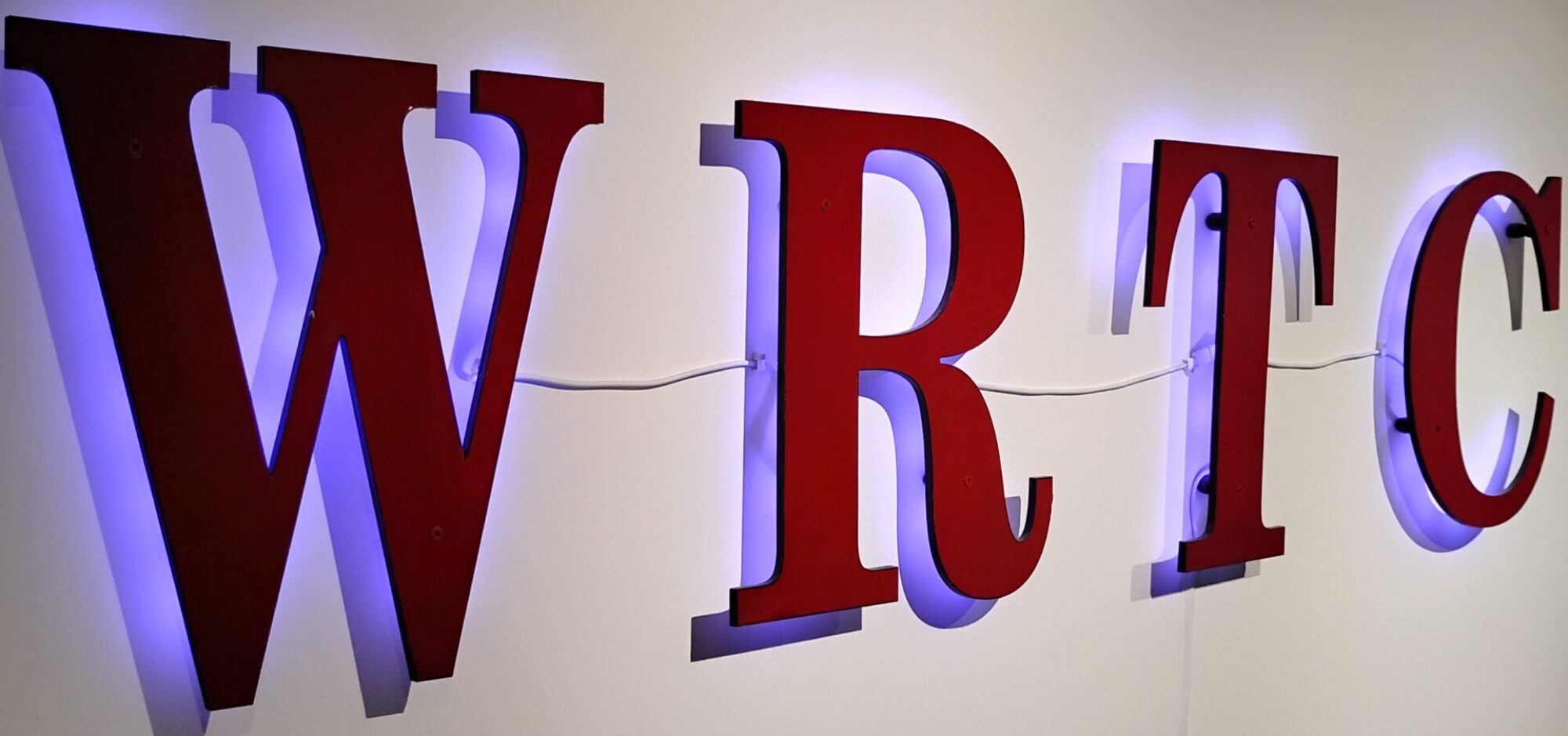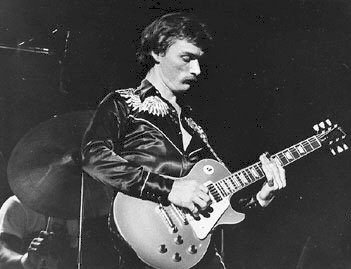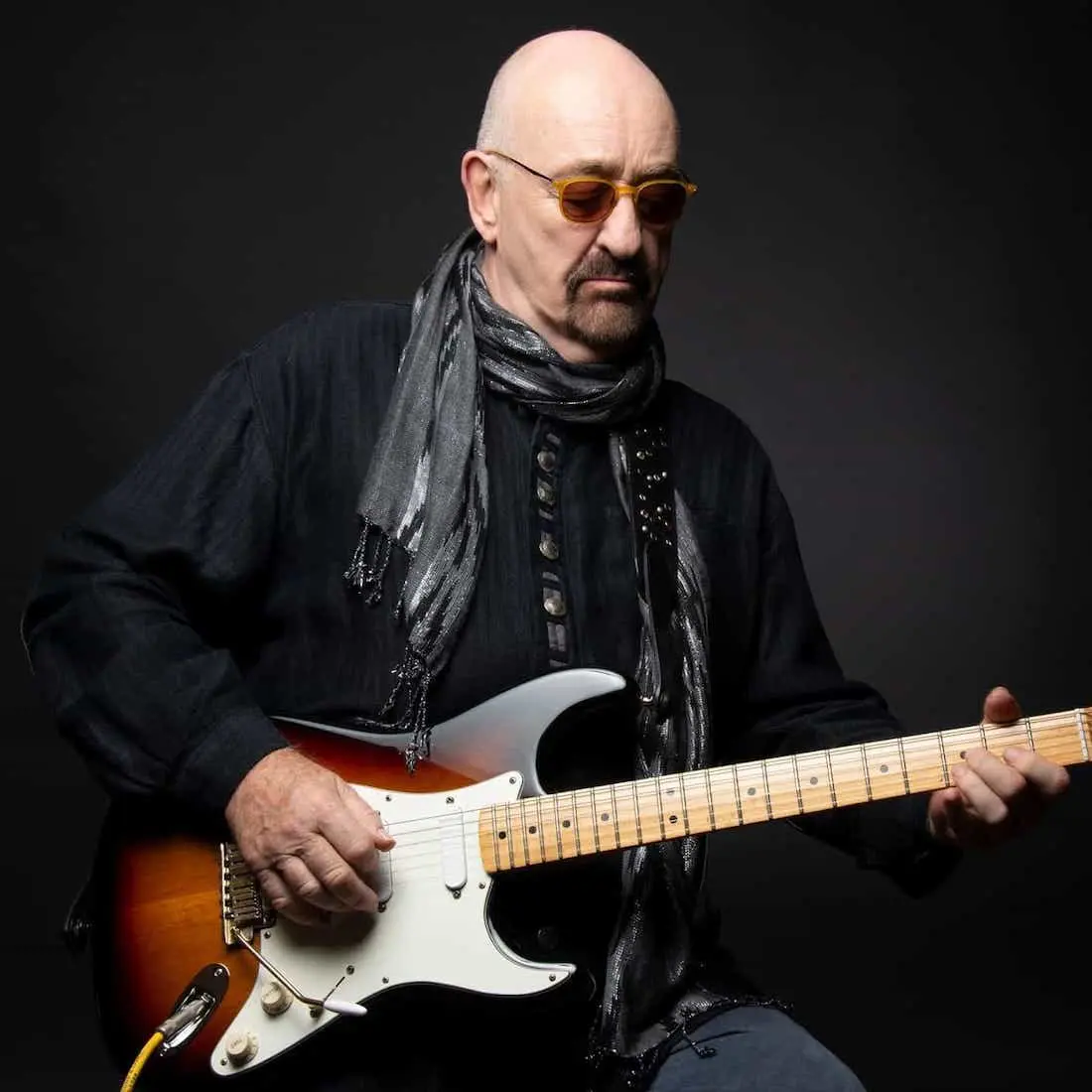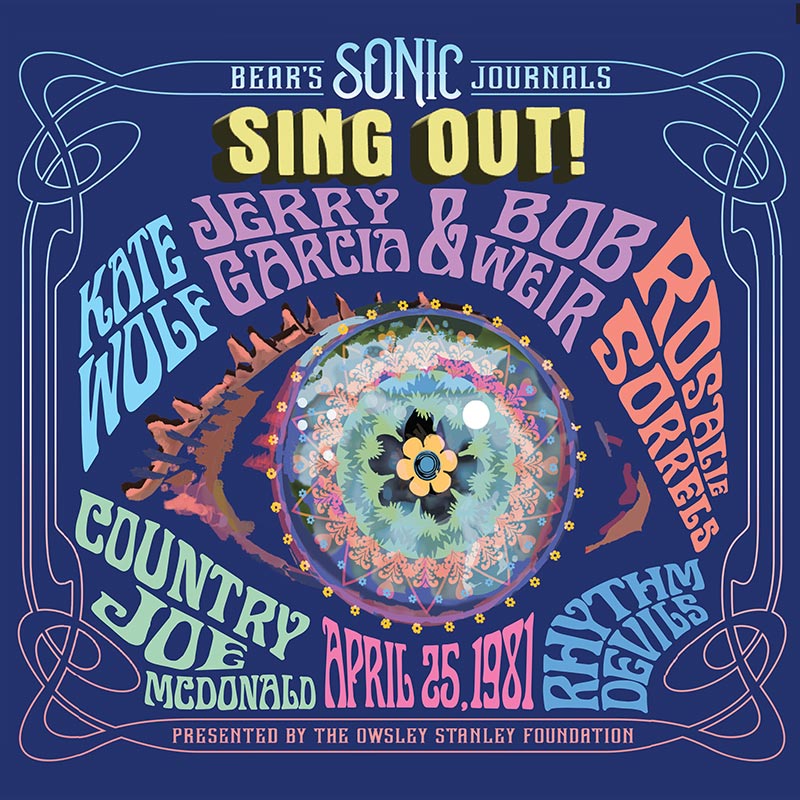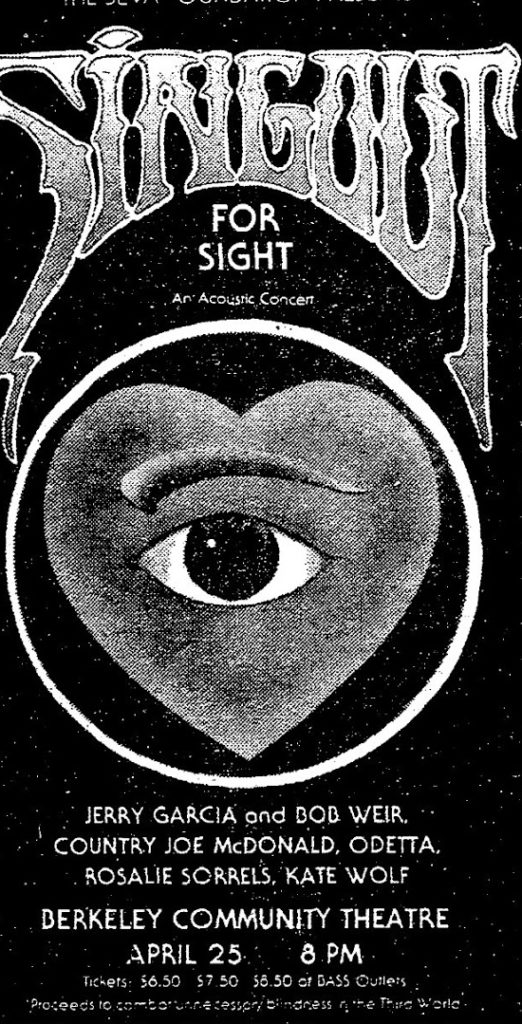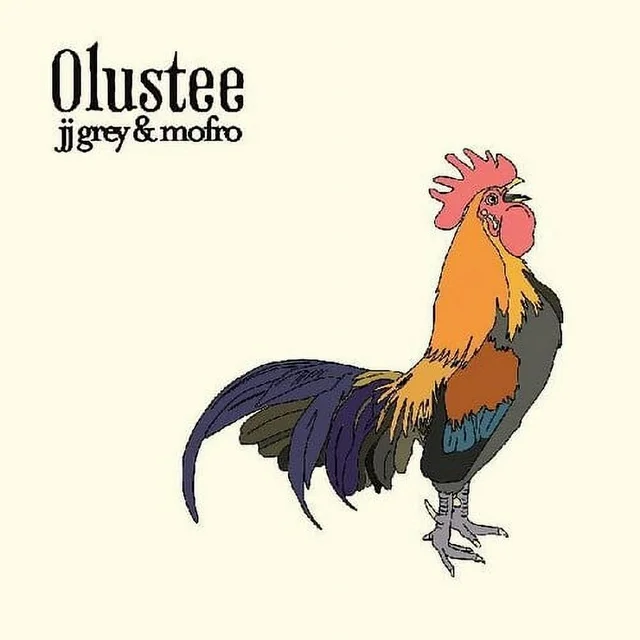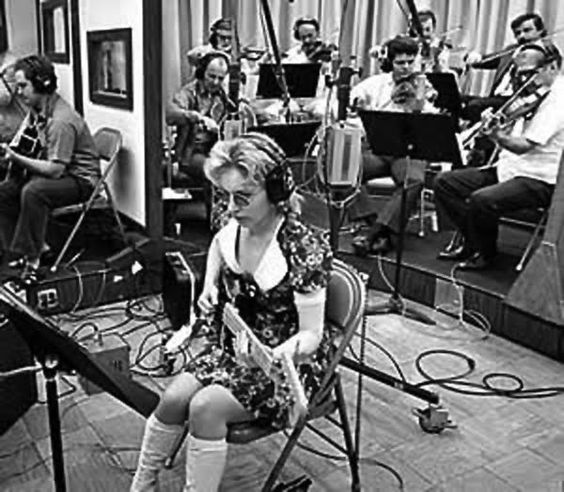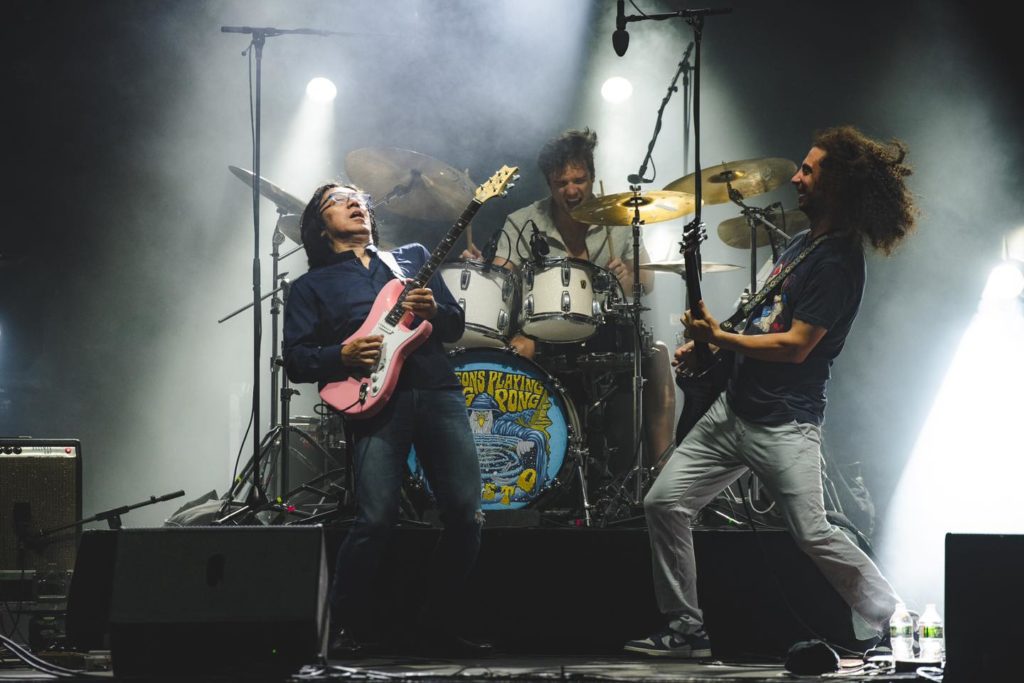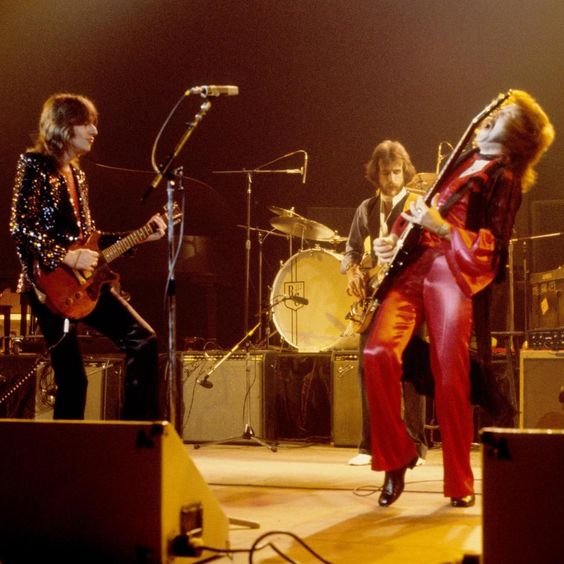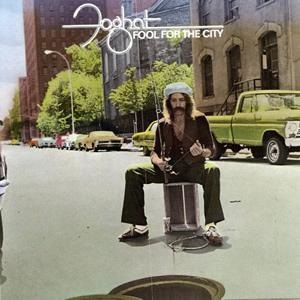The May 6 edition of the Devo Rock Show featured an interview with DEVO guitarist and keyboardist Josh Hager.
Here’s the archive.
Host Devo got a chance to talk with Hager recently, before Hager joined his bandmates on a tour to mark their 50th anniversary.
Hager shared how he got started in music and some of his experiences working with DEVO founding members Gerry Casale and Mark Mothersbaugh.
Hager also talks about some of his earliest bands, including Backstroke To Cuba, The Elevator Drops and his work with Matt Sharp of the band Weezer. Also included will be music from his band with Tom Chapman of New Order called Shadowparty.
DEVO was formed in 1973 in Akron, Ohio, by two sets of brothers, Mark (keyboardist/vocalist) and Bob Mothersbaugh (guitarist), and Gerald (bassist) and Bob Casale (keyboardist) along with drummer Alan Myers.
The band started as an art project and joke at Kent State University and centered on the concept of “de-evolution” which was a satirical take on the dysfunction of modern society.
The joke took a more serious turn following the Kent State shootings on May 4, 1970, in which four students were killed and nine injured after Ohio National Guard troops fired on anti-Vietnam war protestors.
Gerald Casale was friends with some of the victims, including Allison Krause, and witnessed her death at the scene. This had a profound impact on him and was the catalyst to the formation of DEVO.
In 1977, DEVO released their first single “Mongoloid” with the B-side “Joko Homo”. The second single was a cover of The Rolling Stones song “(I Can’t Get No) Satisfaction” which led to their brief stint on Stiff Records.
They were signed to Warner Brothers in 1978 — with the help of David Bowie and Iggy Pop — and recorded their first album Q: Are We Not Men? A: We Are Devo!
They gained national attention after their appearance on Saturday Night Live with their performance of “(I Can’t Get No) Satisfaction” and “Joko Homo”.
In 1980, they broke through with their album Freedom Of Choice which included their biggest hit, “Whip It”. Throughout the 1980s, they continued to produce albums and tour until 1991 when they decided to break up. Later in the decade, they got back together and worked on various projects and toured on and off.
Mark Mothersbaugh got involved in TV and film soundtracks and Gerald Casale released an album under the name Jihad Jerry and the Evildooers. In 2010, they reformed and released Something For Everybody. Hager and his brother Paul worked on the production of that album, which included the singles, “Fresh” and “What We Do”.
On February 17, 2014, Bob Casale died of heart failure at the age of 61. Shortly after this, Hager was asked to replace him and tour with the band. This led to Hager working on several solo projects with Gerald Casale, including the singles “I’m Gonna Pay You Back” and “It’s All Devo”.
DEVO’s tour winds up in Las Vegas on May 27.

